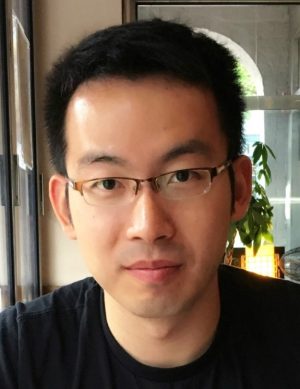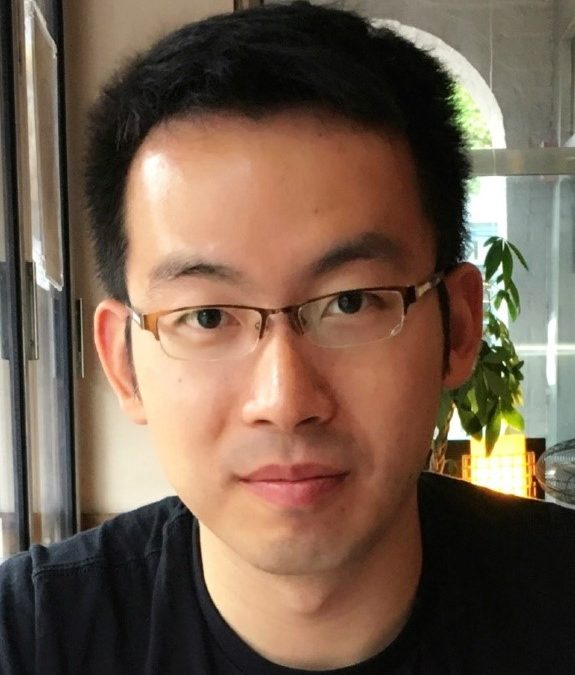
Speaker: Albert Liu
Affiliation: MIT
Colloidal Electronics
Arming nano-electronics with mobility extends artificial systems into traditionally inaccessible environments. Carbon nanotubes (1D), graphene (2D) and other low-dimensional materials with well-defined lattice structures can be incorporated into polymer microparticles, granting them unique electronic functions. The resulting colloidal electronic ‘cells’, comprised of microscopic circuits connecting artificial ‘organelles’ (e.g., generators, sensors, logic gates, etc.), combine the modularity of modern electronics with the characteristic mobility found in dispersive colloidal systems. Fundamental to colloidal electronics lie three challenges: (1) providing electrical energy to a microscopic system with limited footprint; (2) developing energy efficient electronic devices and circuitries with low power consumption; and (3) enabling inter-particle communication for information relay. In this context, I will introduce three concepts – Auto-perforation, Thermopower Waves, Asymmetric Chemical Doping, and discuss how they could address the above challenges. These advances allow us to build the first colloidal electronic systems that perform autonomous functions integrating optical energy harvesting, chemical detection and digital memory recording – all within a form-factor no larger than biological cells.
Biography
Albert Liu received his Bachelor’s degree in Chemical Engineering from California Institute of Technology and is currently working on his PhD with Michael Strano at Massachusetts Institute of Technology. Prior to joining MIT as a presidential fellow, Albert had worked with John Roberts, John Seinfeld, Gregory Fu, and Stacy Zones on different aspects of chemical catalysis. Since Albert joined MIT, he has expanded his research portfolio into low-dimensional electronic materials. In the Strano lab, he has made a series of discoveries including a class of electrical energy harvesting process using single-walled carbon nanotubes called “Asymmetric Chemical Doping”, for which he has been recognized by a 2016 AIChE (American Institute of Chemical Engineers) Graduate Student Award in Carbon Nanomaterials and a 2017 Graduate Student Award from the Materials Science Society. More recently, Albert has pioneered a nano-fabrication method to assemble 2D material encapsulated colloidal particles as autonomous electronic devices, known as “Colloidal Electronics”, for which he has received the 2018 Graduate Student Award in Inorganic Materials, the 2019 Excellence in Graduate Polymer Research Award from AIChE, and was recently named one of the 2020 Rising Stars by the IEEE Solid-State Circuits Society. His current interest involves harnessing small molecule – low-dimensional material interactions to explore emergent behaviors in dynamic electronic systems.
Date/Time:
Date(s) - Feb 07, 2020
10:00 am - 11:00 am
Location:
Boelter Hall 3400
420 Westwood Plaza Los Angeles CA 90095

